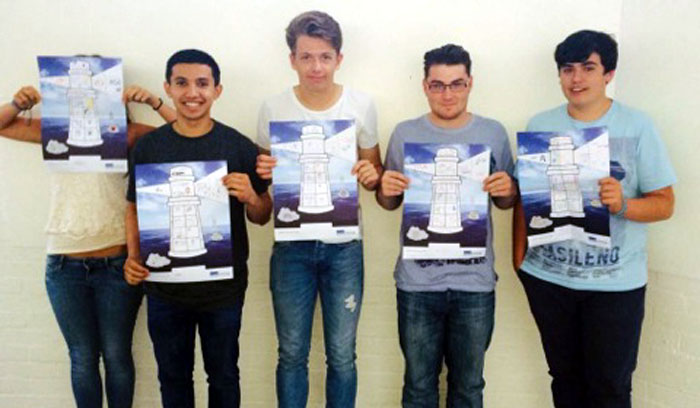Challenges
MADE focuses its work on addressing key challenges faced by schools, colleges and universities. These challenges include:
Raising attainment
Academic attainment or achievement is the extent to which a student or institution has achieved their educational goals. In a competitive job market, academic and vocational qualifications are increasingly important. Those without qualifications are more at risk of facing challenges such as being unemployed and having low incomes. More generally, success in acquiring formal qualifications bolsters children’s self-esteem, and enhances development of self-identity. The overall aims for everyone involved in education are: to raise the educational achievement of all young people, and to narrow the gap in educational achievement between children from low income and disadvantaged backgrounds and their peers. MADE introduces both students and staff to a wide range of techniques and tools to manage revision, independent study, undertake exams and get the best possible results.
Student engagement
Student engagement is a willingness to attend, participate and follow teachers’ directions in class. The other side of the spectrum from engagement is disaffection. Disaffected students are passive, do not try hard and can be anxious or even angry about their presence in the classroom. Students who are engaged show sustained behavioural involvement in learning activities accompanied by enthusiasm, optimism, curiosity and interest. Student engagement requires teachers to actively create the conditions that foster this reaction. Relationships between students and adults in schools, and among students themselves, are a critical factor in student engagement. This is especially true among students considered to be at-risk and without other positive adult interaction. MADE introduces staff to principles and techniques underpinning successful student engagement and the encouragement of positive behaviour.
Widening Participation
Widening participation (WP) in higher education (HE) is a major component of government education policy in the UK and Europe. It consists of an attempt to increase not only the numbers of young people entering HE, but also the proportion from under-represented groups (those from lower income families, people with disabilities and ethnic minorities). In this way it is hoped to redress the inequalities in participation between social classes. Widening Participation is one of the strategic objectives of the Higher Education Funding Council for England (HEFCE). HEFCE defines their WP policy as ‘All those with the potential to benefit from successful participation in higher education should have the opportunity to do so.’ MADE can help universities achieve their widening participation targets through outreach work in local schools and by equipping the university ambassadors with the necessary skills to engage and help young people with the challenges they face.
Aiding transition
The phenomenon of students entering the sixth form, further or higher education without a sound grasp of how to learn independently is becoming increasingly widespread. As schools and academies are judged on their academic results, many select a teaching methodology which trains students to pass exams, but not necessarily to think for themselves. Learning development can be a solution for this state of affairs, where students are taught how to manage their studies, workload and schedules. MADE introduces students and staff to a variety of advanced meta-thinking and learning tools, approaches and strategies to help them manage transition and progress successfully.
Youth responsibility
Young people need to be given opportunities for them to learn about being accountable. There are always consequences within the decisions we take. Becoming an adult (and a) member of society is a multi-faceted journey, not just an adoption of certain language, dress or behaviours. We all have a role to play in the nurture and maintenance of our communities. MADE offers student-facing workshops which introduce young people to the concept and practice of personal responsibility.
A culture of ‘luck’ ?
After the riots of 2011, the conservative Work and Pensions Secretary, Iain Duncan Smith was reported to have said that a “get rich quick” celebrity culture exemplified by The X Factor and the dysfunctional lives of footballers has created a society that was “out of balance”. He argued that some of the looting and robbery was fuelled by an acquisitive consumer culture. “If you look at our celebrity culture, we seem to be saying, ‘This is the way you want to be’. We seem to be a society that celebrates all the wrong people… Kids are meant to believe that their stepping stone to massive money is The X Factor. Luck is great, but most of life is hard work. We do not celebrate people who have made success out of serious hard work.”
MADE can help your students to realise that success is within their grasp, but it come at the price of focused, hard work. We can assist your students with setting realistic targets, planning the necessary steps and inspiring them to take action. We will also share with them the best tools for self-reflection, building personal resilience and enlisting the help of others.


